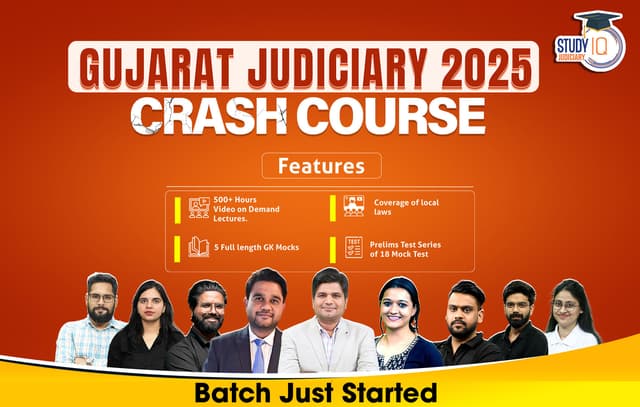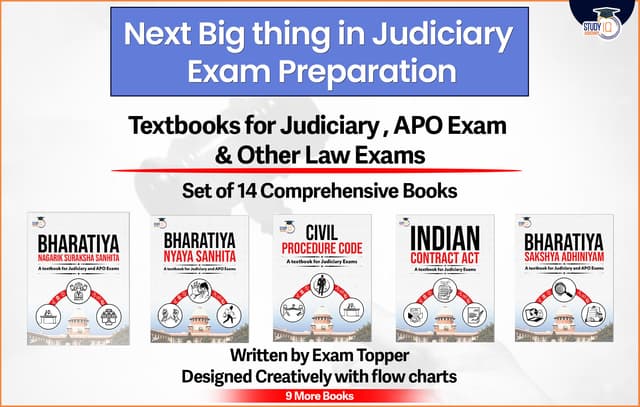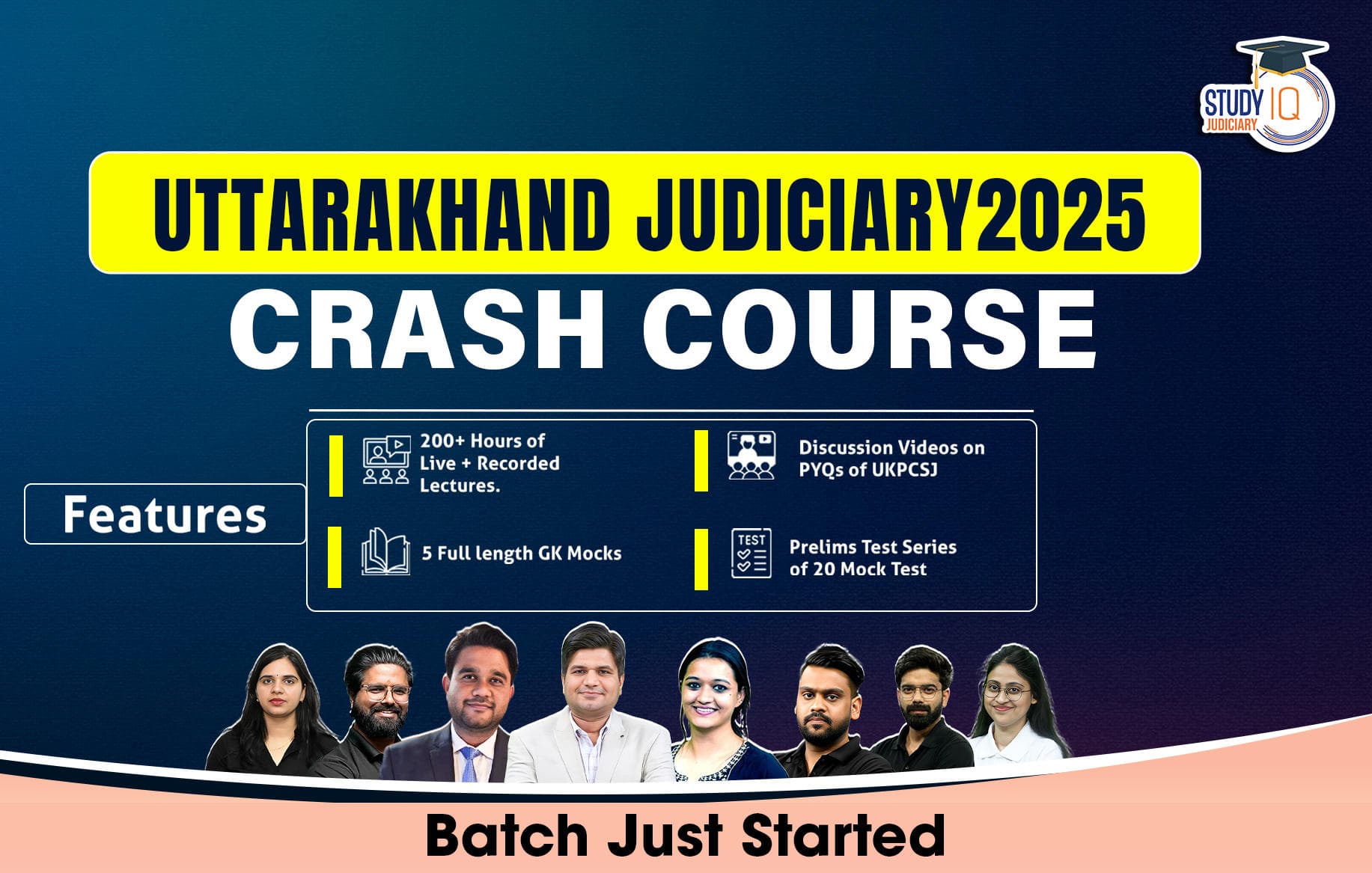Table of Contents
On September 9, 2025, the Supreme Court in Railway Protection Force & Ors v. Prem Chand Kumar & Ors examined the contentious question of whether candidates from Scheduled Castes (SC) or Scheduled Tribes (ST), who benefited from recruitment relaxations, could later assert eligibility for appointment under the unreserved/general category. A Bench of Justices Surya Kant and Joymalya Bagchi unequivocally determined that candidates from reserved categories who benefited from concessions in age or physical measurements are prohibited from being appointed to unreserved positions, even if they achieved scores exceeding the general category cut-off.
The verdict set aside a High Court decree that mandated the appointment of such candidates to unreserved posts in the Railway Protection Force (RPF).
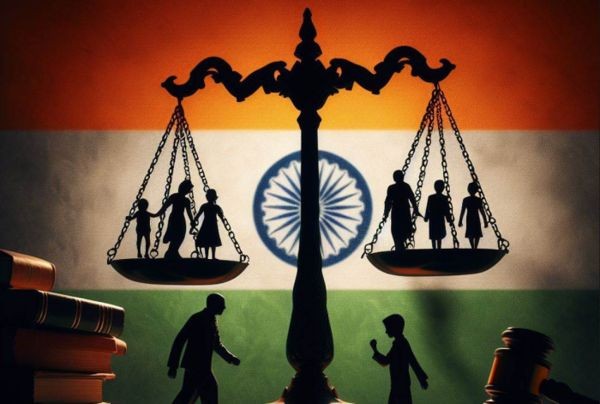
Railway Protection Force & Ors v. Prem Chand Kumar & Ors: Case Details
- 2013 Recruitment Announcement: The Railway Board solicited applications for 659 positions in seven ancillary categories within the RPF and RPSF, which was subsequently increased to 763.
- Relaxations utilised: Some SC/ST candidates received age and physical measurement relaxations, but subsequently requested consideration in the unreserved category.
- The High Court ordered the appointment of these individuals to unreserved positions, citing Jitendra Kumar Singh v. State of UP (2010).
- The RPF contested the High Court ruling by appealing to the Supreme Court, referencing Standing Order No. 85 (2009).
Ruling of the Supreme Court
Implementation of Standing Orders:
- Standing Order No. 85 (2009): Paragraph 14(f) explicitly prohibited the movement of reserved candidates to unreserved posts if they had utilised relaxations in age, physical standards, or qualifying marks.
- Standing Order No. 78 (2008) permitted migration; nevertheless, Standing Order 85, being a subsequent order, took precedence.
High Court Error:
- The High Court made an error by rigidly applying Jitendra Kumar Singh without assessing the implications of Standing Order No. 85.
- Some petitioners had not met the unreserved cut-off or had failed trade tests; nevertheless, these shortcomings were disregarded.
Clarification in Related Matter:
- The Court affirmed the migration of a Scheduled Tribe candidate who had received concessions in physical criteria in a related case concerning recruitment in the CISF.
- The Court observed that the 1998 Office Memorandum did not prohibit migration in such instances, differentiating it from RPF regulations.
Reservation Jurisprudence in India: Constitutional Framework
- Articles 15(4) and 16(4) authorise the State to implement measures for the advancement of socially and educationally disadvantaged classes and to establish reservations in appointments.
- Article 335: Harmonises administrative efficiency with the entitlements of SC/ST groups.
Principles Developed
- Merit versus Social Justice: Reservation aims to reconcile substantive equality with formal equality by facilitating access to opportunities for marginalised groups.
- Migration to the General Category is permitted solely if the candidate has competed without utilising any special concessions.
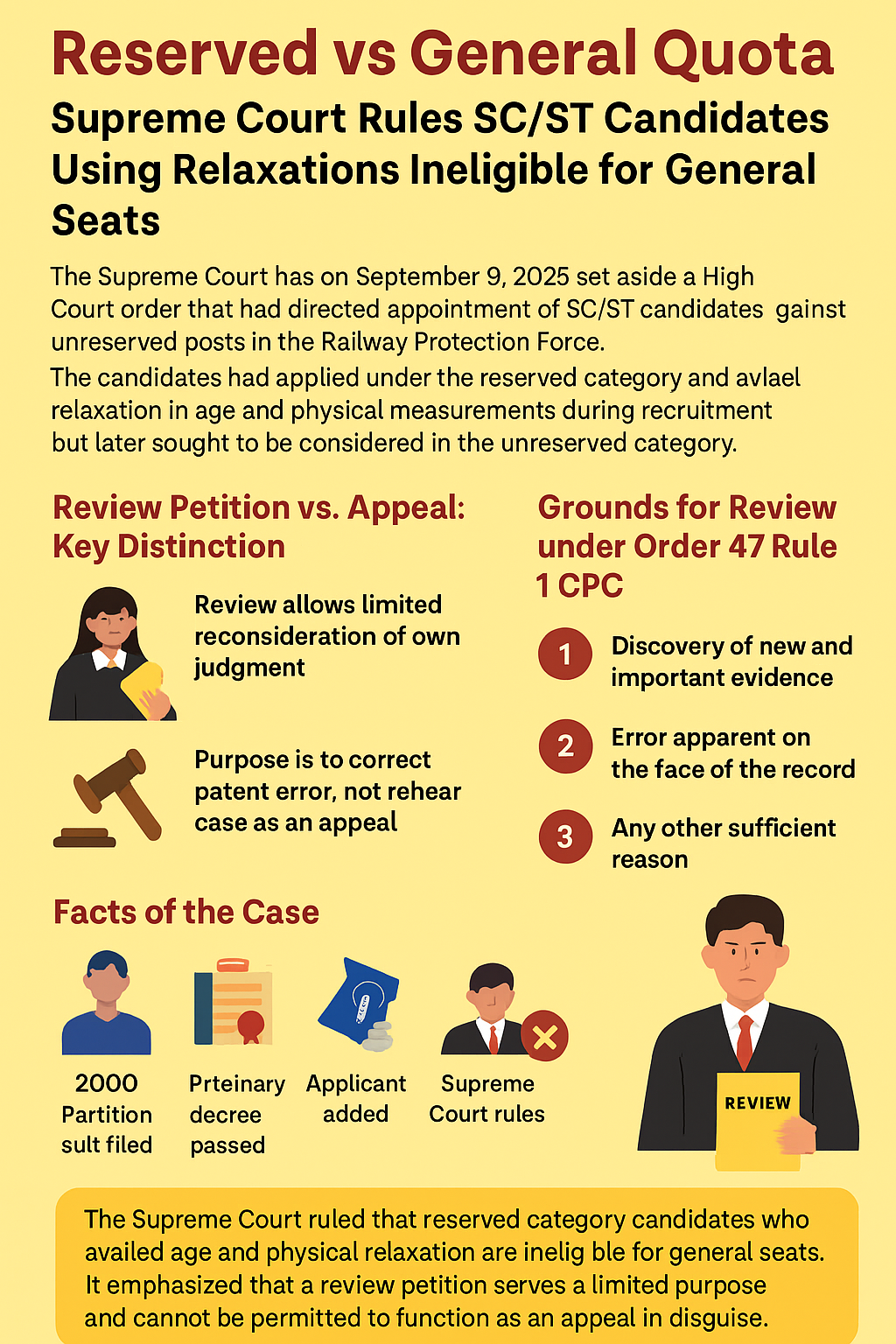
Significant Judicial Precedents
- Indra Sawhney v. Union of India (1992): Affirmed the legitimacy of 27% reservation for Other Backwards Classes (OBC).
- Established the 50% ceiling rule.
- It was clarified that candidates from reserved categories who are selected based on merit without any concessions are eligible to fill general seats.
- Jitendra Kumar Singh v. State of Uttar Pradesh (2010): It was determined that reserved applicants may be classified within the general category if they exceed the general cut-off score, contingent upon not utilising any relaxations.
- Union of India v. Sajib Roy (2025): Determined on the same day as Prem Chand Kumar, it was clarified that Jitendra Kumar Singh is ineligible, as recruitment regulations specifically prohibit migration.
- R.K. Sabharwal v. State of Punjab (1995): The concept of a post-based roster for reservations was elucidated, establishing that once a job is occupied by a reserved applicant, it is classified as reserved, irrespective of any future promotions.
- M. Nagaraj v. Union of India (2006): Established the criteria for maintaining reservations in promotions, emphasising quantifiable data on backwardness and inadequate representation.
Judicial Implications of the Verdict
- Strengthening of Recruitment Regulations: The decision confirms that recruitment rules, including Standing Orders, have precedence over general principles established in previous decisions.
- Understanding Migration: Migration to the unreserved category is not automatic; it is contingent upon the utilisation of relaxations and the conditions of the governing rules.
- Prevention of Unauthorised Access: Guarantees that the unreserved category stays authentically meritocratic, barring candidates who received concessions from displacing applicants from the general category.
- Uniformity in Legal Principles: Conforms to the Court’s focus in Indra Sawhney and subsequent cases on maintaining the integrity of the general category while supporting the objective of reservations.
Final Remarks
- The Supreme Court’s ruling in Railway Protection Force & Ors v. Prem Chand Kumar & Ors (2025) reinforces a fundamental premise in India’s reservation jurisprudence: candidates from reserved categories who receive relaxations are prohibited from transferring to general seats unless explicitly allowed by regulations.
- The Court underscored the supremacy of recruitment standards by differentiating between legislative regulations and prior precedents such as Jitendra Kumar Singh.
- The opinion, in conjunction with the decision in Union of India v. Sajib Roy, elucidates recruitment processes, reconciles the interests of reserved and general applicants, and reinforces the constitutional commitment to equality as enshrined in Articles 14, 15, and 16.
- This signifies a crucial advancement in the refinement of the jurisprudence concerning reservations and merit in public employment.

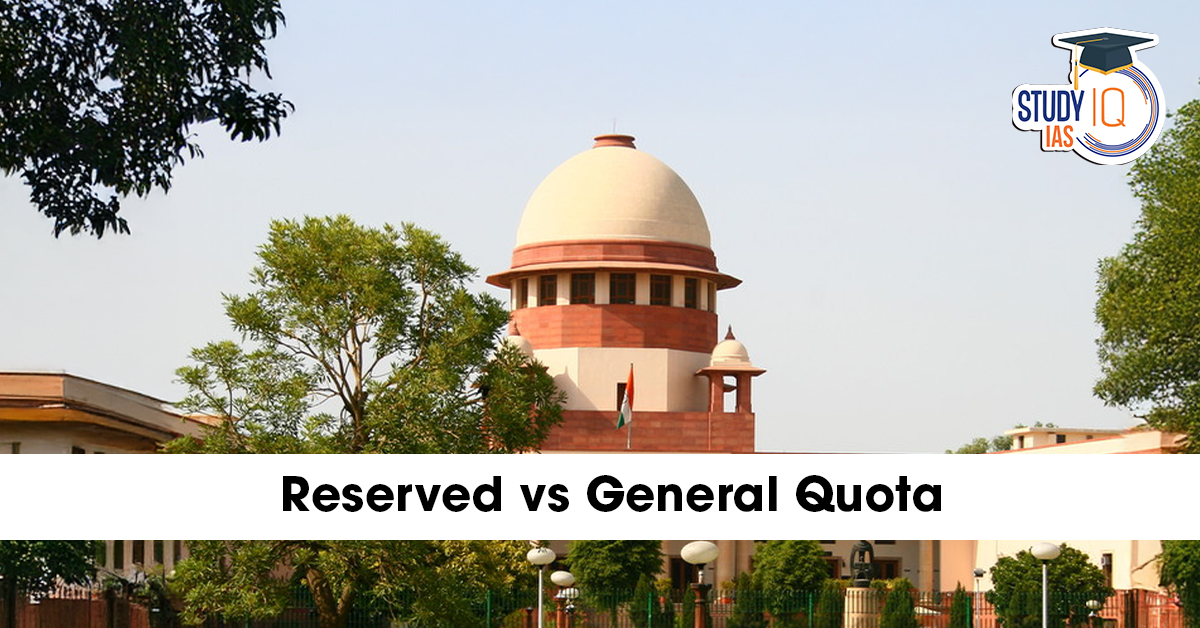
 Trial by Social Media: Public Shaming, D...
Trial by Social Media: Public Shaming, D...
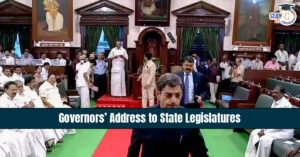 Governors’ Address to State Legislatur...
Governors’ Address to State Legislatur...
 Mandating Prior Approval for Corruption ...
Mandating Prior Approval for Corruption ...





